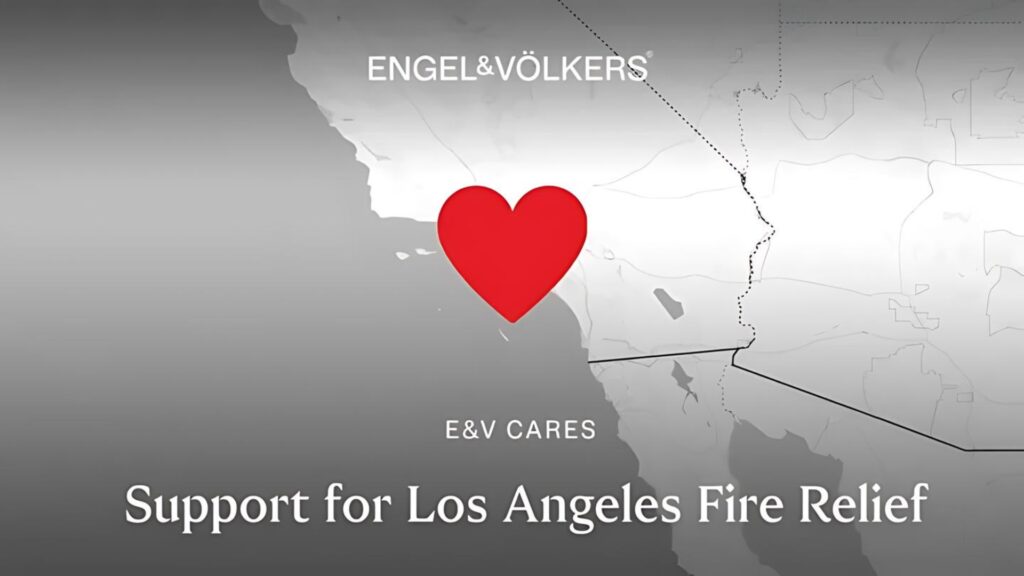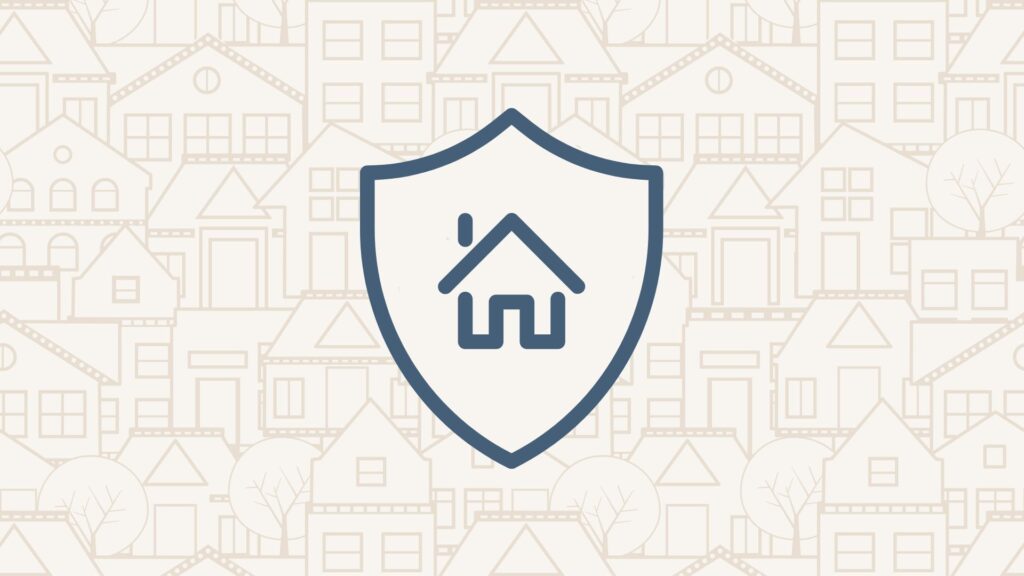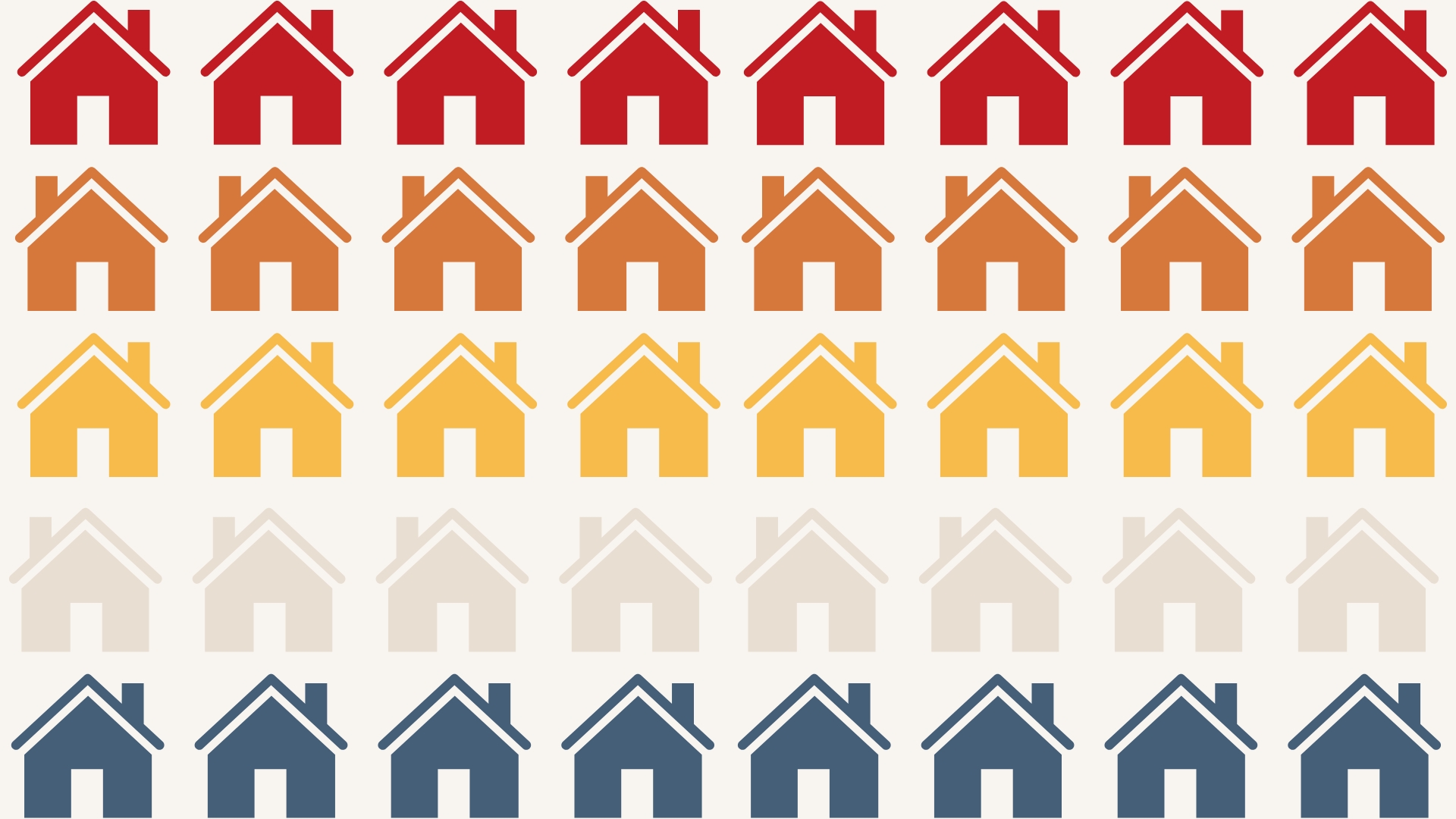Dear Reader,
I hope this blog finds you well. The recent wildfires in Los Angeles have deeply affected our friends, family, and neighbors in Southern California, and our thoughts and prayers are with everyone who has been impacted. If you know of anyone in search of housing, please let us know. We’ve been in constant contact with our colleagues down there, who have compiled many resources for people impacted. We’re here to work hand in hand to assist wherever we can.
In that vein, I wanted to put together an insurance “guide” to make it as easy as possible for you to triple check you’re covered appropriately…
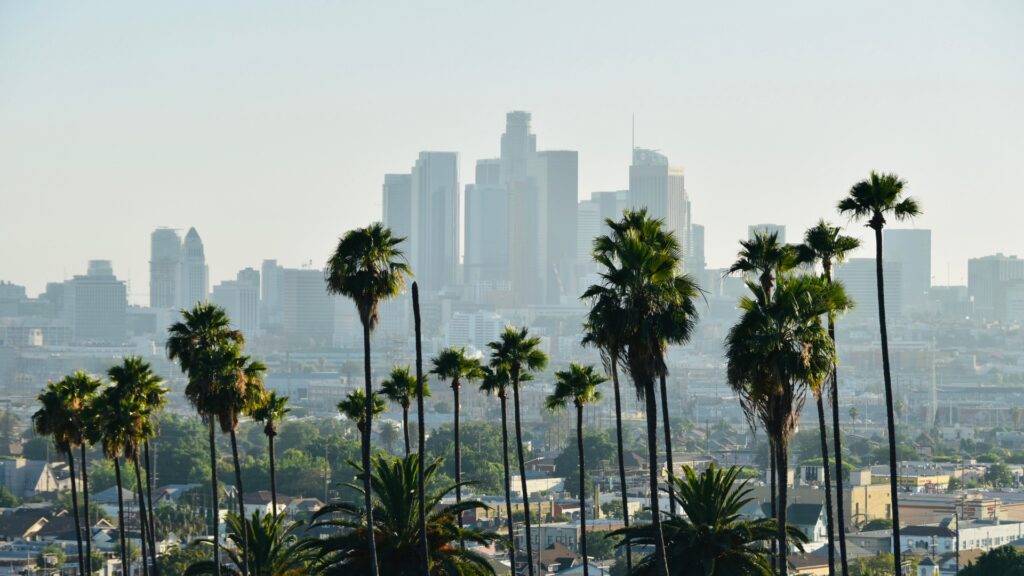
As a California homeowner, staying informed about recent changes in the insurance landscape is vital! The evolving situation may impact how you protect your most valuable asset – your home. Here are some tips that I encourage you all to consider NOW. Checking these things after something happens and when you need the coverage is too late.
1. Dwelling Coverage: Confirm that your policy covers the replacement cost of your home, not its market value. Construction costs can rise after natural disasters due to increased demand for materials and labor. In the Bay Area, you can assume approximately $500-800/sf to rebuild, depending on various factors.
2. Safeguard Limit: This goes along with the one above. Know if you have additional coverage over the amount named in your basic policy. This is usually called a “safeguard limit” and can sometimes increase your overall coverage by 50 – 100%. This is especially important with rising construction costs.
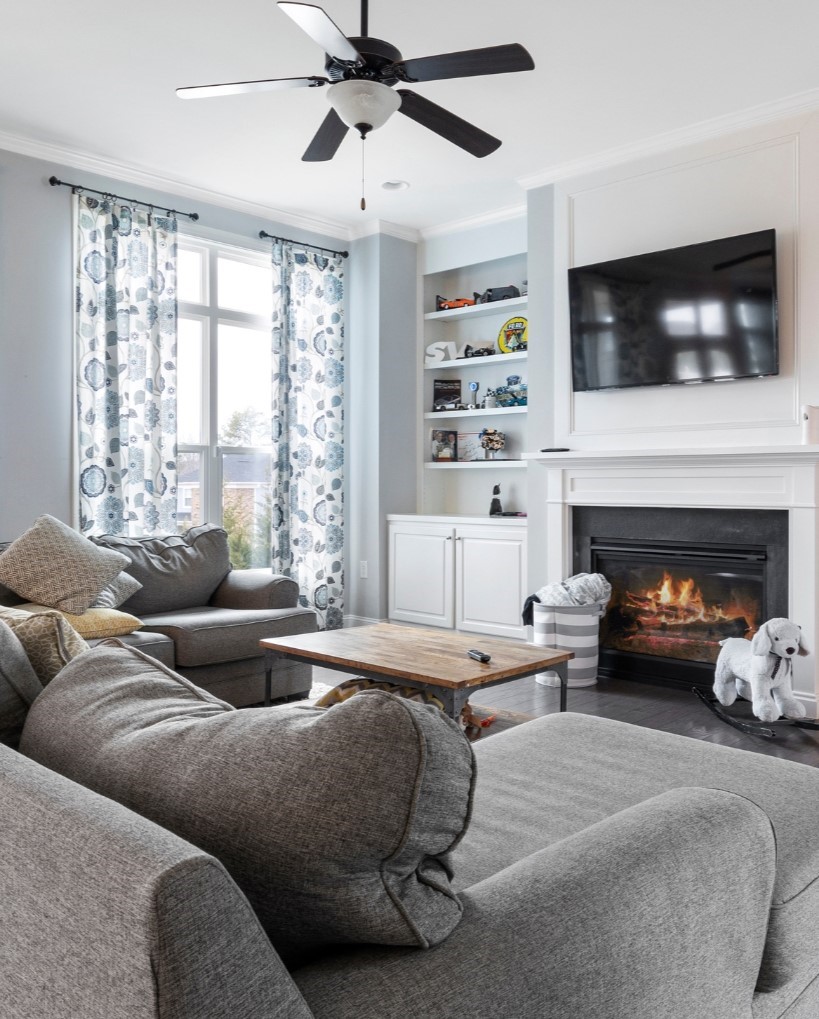
3. Personal Property Coverage: Take inventory of your belongings and assess whether the current coverage limits are sufficient. It helps to photograph and document valuables, electronics, and important household items. Keep in mind that there are limits on certain items, so if you have a lot of jewelry, art, or collectibles, the standard coverage is likely not enough, and these items need to be specifically included in your insurance policy.
4. Additional Living Expenses (ALE): Look at your ALE coverage, which can help cover hotel stays, meals, or other temporary housing costs if you can’t stay in your home during repairs.
5. Liability Protection and Umbrella Policies: Make sure your liability coverage / umbrella policy is adequate, as you could be responsible for injuries or damage on your property — potentially costing much more than standard coverage limits. Note: If you have a lender, your lender will require sufficient dwelling coverage to protect their loan value, but they don’t usually care about liability coverage. So, if you just went with the basic policy to satisfy your lender, you very well may be underinsured. And, if you’re in a bad car accident or something of the sort, it’s not uncommon for people to go after the equity in your home.

6. Deductible Check: Find out the exact amount of your deductible. A lower premium often means a higher deductible, so confirm that you’re comfortable with out-of-pocket costs in the event of a claim. These days, most people think of insurance in CA as protection for that horrible, big event and often end up paying out of pocket for smaller issues (i.e., a pipe bursts and causes $10k in damage). This is a personal preference, but filing a smaller claim can sometimes come back to bite you.
7. Keep it Updated: Life changes like home renovations, new personal purchases, new family members, or moving your property into a trust can affect your coverage needs. If there is any change to title, the paperwork on your policy needs to be updated too.
What to Do if You Receive a Cancellation Notice
If your insurance company notifies you of a policy cancellation:
- Act Quickly: You typically have a short window to secure new coverage, usually 30 days. Don’t wait until the last minute!
- Shop Around: Reach out to multiple insurance providers. Independent insurance agents can help you compare options. We’re happy to provide you with recommendations!
- Consider the California FAIR Plan: This is a state-backed insurance program designed as a last resort for homeowners unable to obtain traditional coverage. Visit California FAIR Plan for details.
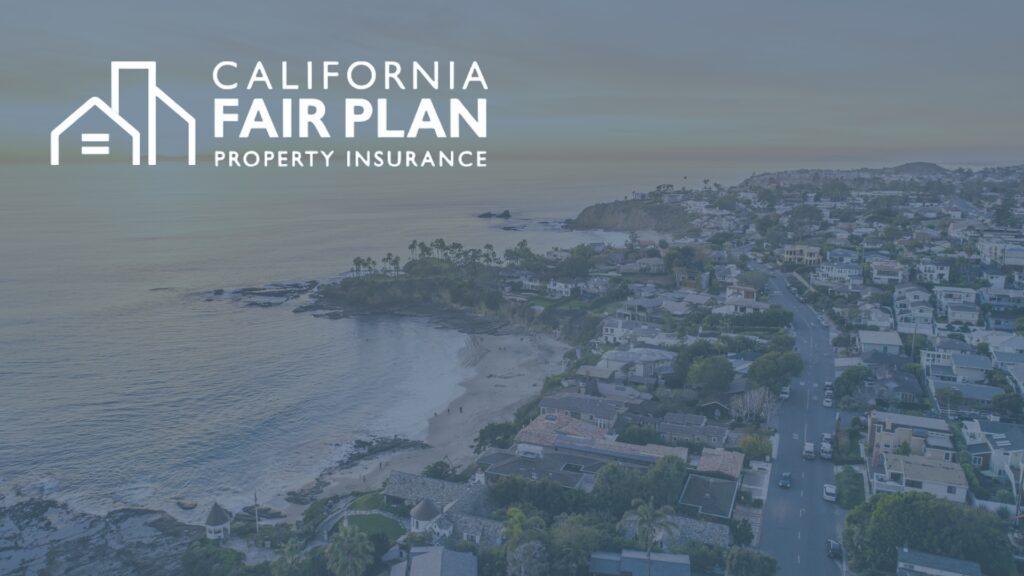
Resources for Government Assistance
Finally, the California Department of Insurance offers several resources:
- Consumer Hotline: Call 1-800-927-4357 for guidance on finding coverage or understanding your rights.
- Non-Renewal Protections: If you live in a wildfire-affected area, you may qualify for temporary protections against non-renewal. Learn more at insurance.ca.gov.
- Home Hardening Grants: Programs like “Safer from Wildfires” provide tips (and may provide financial assistance) for upgrades to make your home more resistant to fire damage.
—
As your trusted real estate advisor, I’m here to help you navigate these changes. Whether you need a recommendation for an insurance agent or assistance understanding your options, don’t hesitate to reach out.
Together, we can ensure your home remains protected and secure.
Take care and stay safe,
Best Coast Collective
PS – If you’d like to join us in donating to LA wildfire relief, consider donating here.
